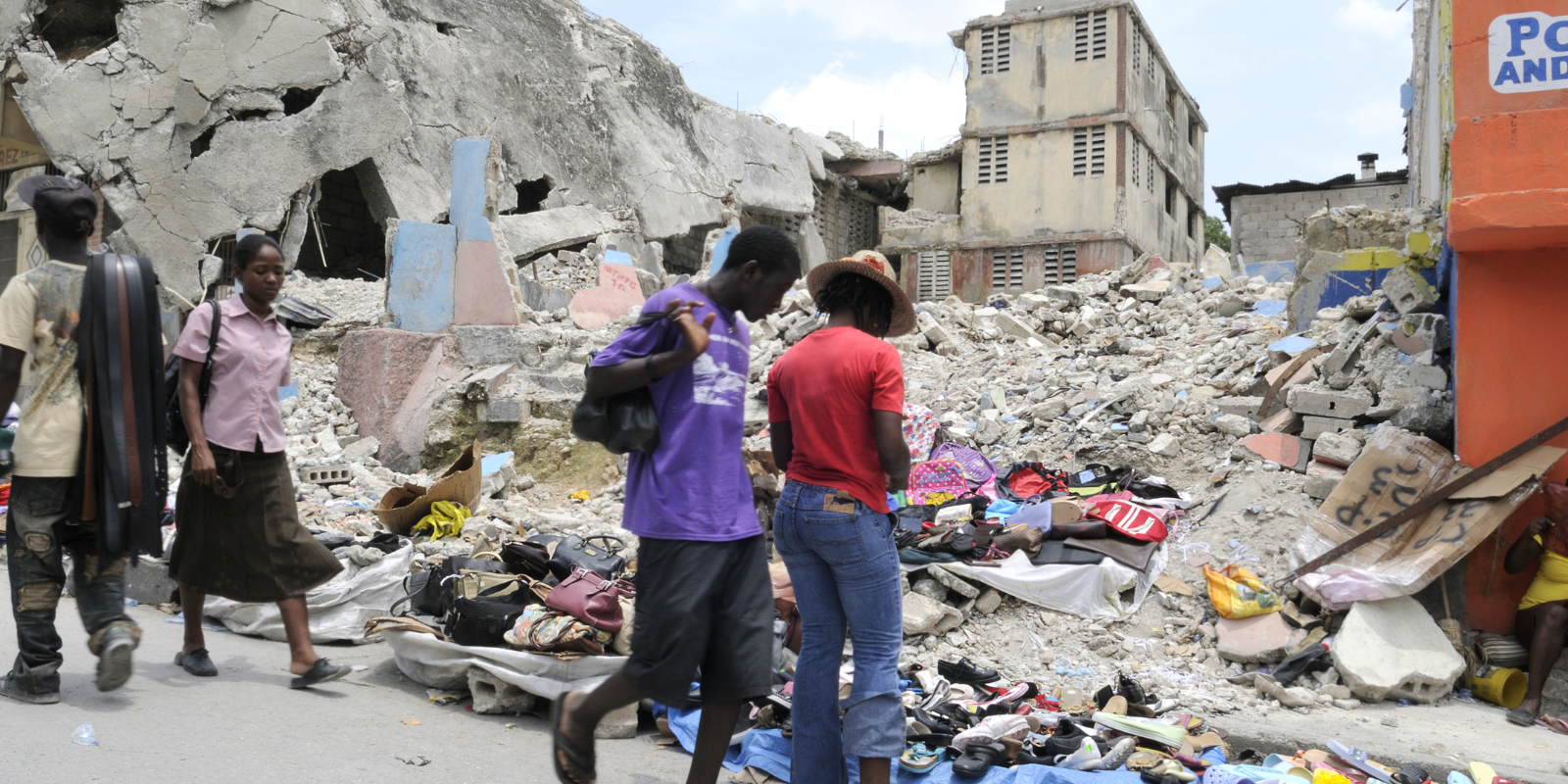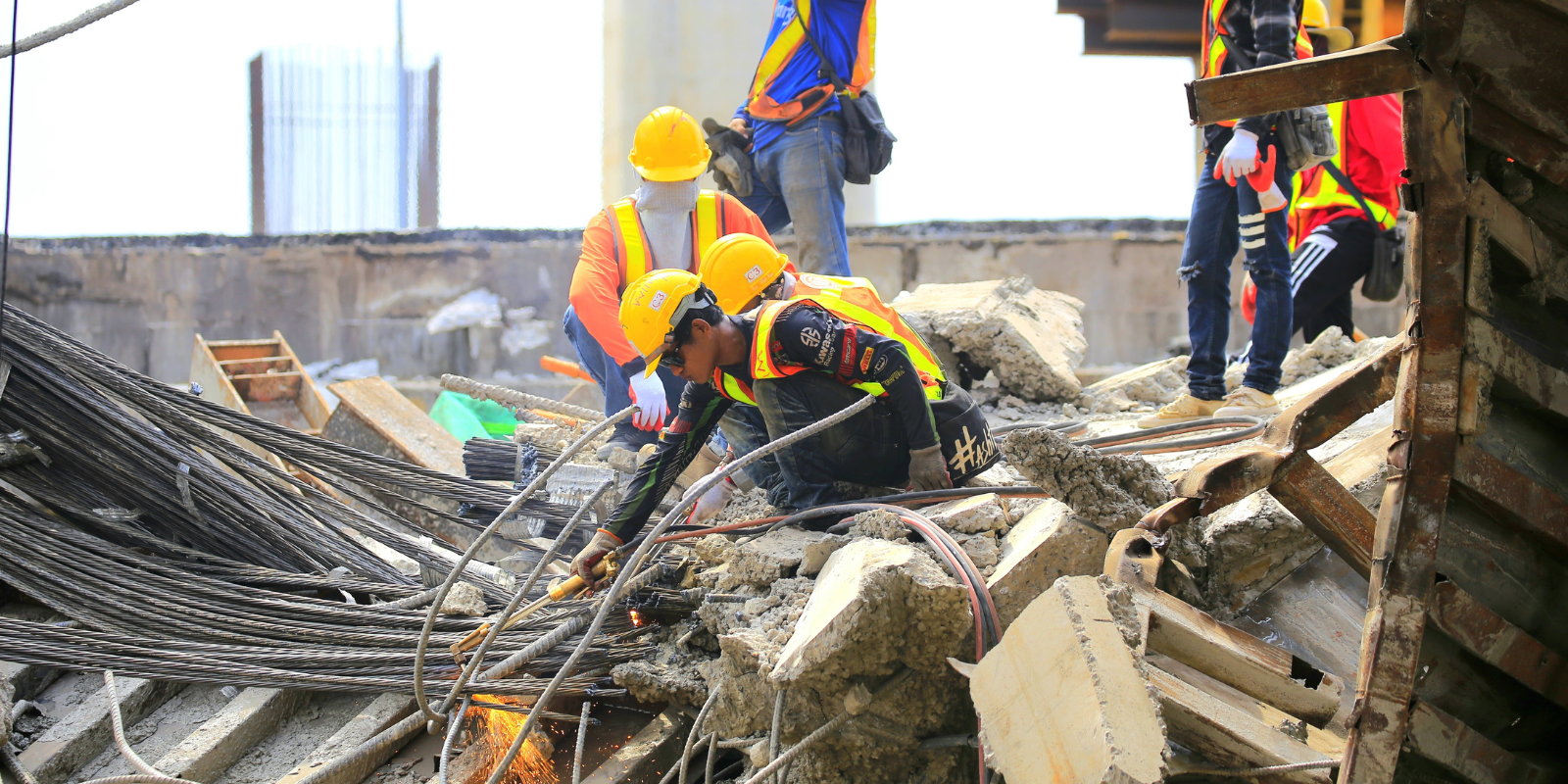With every headline about a tragic shooting at a retail outlet, place of worship, school or anywhere else in public, we may feel uneasy about our safety and the safety of loved ones as we go about our lives.
It’s important to know that many resources are in place at the University of Colorado Anschutz Medical Campus to care for the campus community as traumatic events unfold and individuals need support.
September is National Preparedness Month and National Campus Safety Awareness Month, so it’s a good time to be reminded of the programs and resources at CU Anschutz that strive to create a culture of caring, support and resiliency.
Preparedness trainings
The CU Anschutz Police Department (CUPD) Emergency Management Division provides multiple preparedness training sessions each month. The following campuswide trainings are hosted bi-monthly and alternate each month:
- Active Harmer Response (1.5 hours)
- Stop the Bleed® (1.5 hours)
- Build-a-Kit (one hour)
- Campus Preparedness and SafeZone (one hour)
Hosted quarterly:
- Severe Weather Preparedness (one hour)
The CUPD uses the SafeZone app as a personal wellbeing tool to enhance safety and security while on the CU Anschutz Medical Campus. To learn more and to register with the app, visit SafeZone.
The CU Anschutz Emergency Notification System (CU Alerts!) provides campus emergency alerts via text and/or email when conditions develop on or near campus that pose an imminent threat to the campus community. All CU Anschutz students, faculty and staff are automatically registered to receive emergency alerts to their university-issued email addresses.
Students, faculty and staff are encouraged to register their personal cellphone number to receive emergency alerts by text through the CU Denver | Anschutz portal:
If you are not affiliated with CU Denver | Anschutz (e.g., hospital employees, vendors, neighbors, parents, etc.) and would like to receive emergency alerts to your cellphone as text messages:
- Text CUAnschutzAlerts to "226787" (Anschutz Campus only)
What to do when noticing behaviors of concern
The CU Anschutz Medical Campus offers important tips on what to do when you notice behaviors of concern. At CU Anschutz, we have two teams that manage concerning behavior – CARE and FaST. These teams have become standard since the tragedy at Virginia Tech in 2007 and have proved to be one of the best tools to address potential violence on campus.
The CARE Team is the behavioral intervention team that works with student concerns, while FaST is the counterpart for faculty, staff, residents and post-docs. Click here for information on CARE; and here for more on FaST.
Additionally, Student and Resident Mental Health and Faculty Staff Mental Health are available for support.
For any CU Anschutz student or resident who would like to schedule a mental health appointment with Student and Resident Mental Health, please call 303-724-4716, email smhservice@ucdenver.edu or click here.
For any faculty, staff or postdoc employed at CU Anschutz who would like to schedule a mental health appointment with Faculty Staff Mental Health, please call 303-724-4987, email fsmh@ucdenver.edu or click here.
For a full listing of our campus resources:
https://www.cuanschutz.edu/mental-health-resources
For a full listing of campus resources offered through the CUPD’s Emergency Management Division:
https://www.cuanschutz.edu/police/divisons/emergencymanagement/campus-resources
Also, CU Anschutz is equipped with a state-of-the-art classroom security system that gives campus members the option to evaluate their surroundings and make the best decisions in the event of an emergency.
Photo at top: A member of the CU Anschutz Police Department Emergency Management Division conducts an emergency preparedness training.



